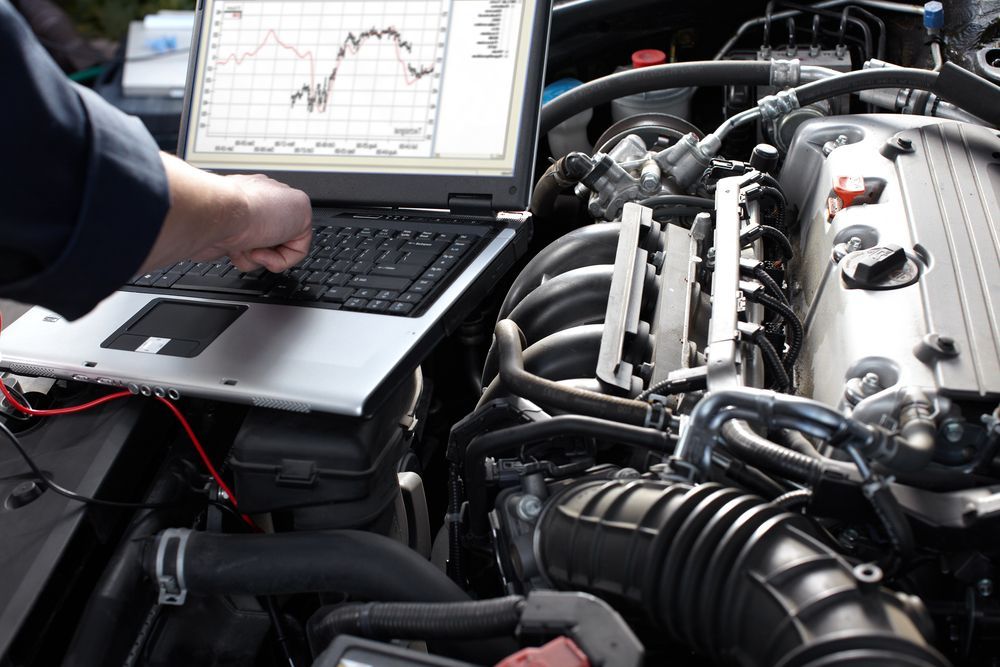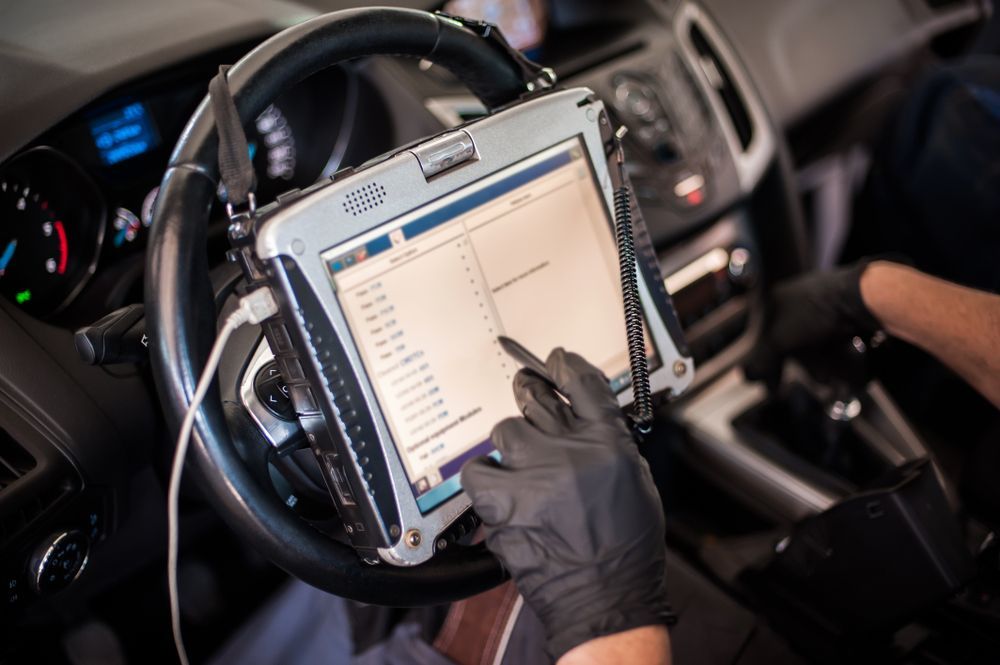Diagnostics in Childers
Childers Diagnostics
When your dashboard lights up or your car just doesn’t run right, pinpointing the issue quickly is key, and that’s exactly what ORH Mechanical in Childers does best.
Our team uses the latest diagnostic tools to read fault codes, assess performance issues, and get to the root of any problem fast. Whether you’re dealing with an engine light, electrical fault, or unexplained noise, we’ll identify the issue and explain it clearly so you know exactly what’s going on.
We work with all types of vehicles, from family cars to 4WDs and commercial fleets. Our approach saves you time and money by avoiding unnecessary guesswork and focusing on what matters—getting you back on the road safely.
For fast, honest diagnostics in Childers and surrounding areas, call ORH Mechanical today on 0484 840 022.
Expert Diagnostic Insight
Modern vehicles are complex, which is why proper diagnostics is more than just plugging into a computer. At ORH Mechanical, we combine cutting-edge diagnostic equipment with hands-on experience to give you a full understanding of your vehicle’s health. We check everything from engine management systems and electrical faults to brake sensors, emission controls, and gearbox data—then translate that tech talk into plain language.
Our diagnostics service is ideal for drivers who want transparency, accuracy, and reliable repairs. Whether you're managing a fleet, heading off-road, or commuting daily, early fault detection helps prevent breakdowns and extends your vehicle’s lifespan.
We’re not just fixing cars—we’re helping you drive with peace of mind. That’s why locals count on us for expert advice and dependable service, every time.






